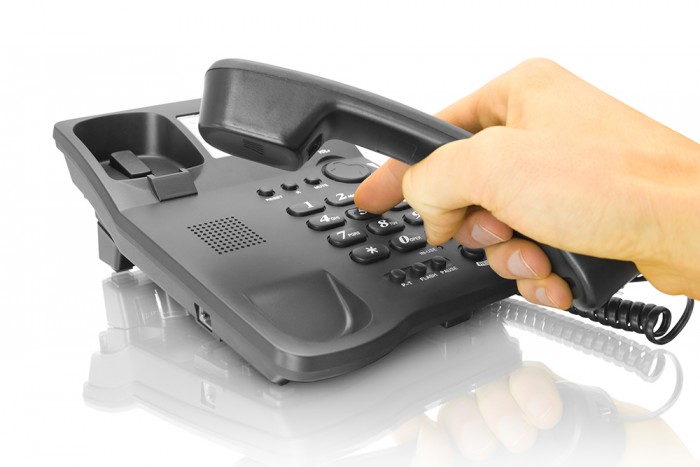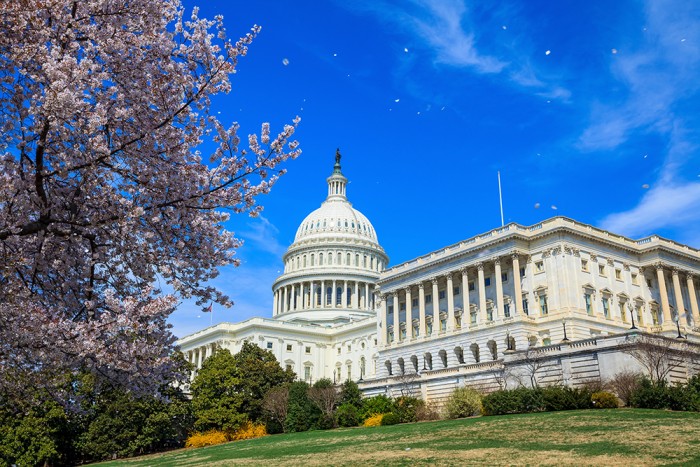DOH Releases Post-Acute Care & LTC COVID-19 Toolkit
National Listening Session on Impact of Coronavirus
IRF QRP Requirements Waived During COVID-19 Pandemic
Attention CHC-MCOs: Temporary Changes to CHC Waiver Due to COVID-19
The Office of Long-Term Living (OLTL) has been in communication with the Centers for Medicare and Medicaid Services (CMS), to make emergency amendments to its Home and Community-Based Waivers in response to COVID-19. Members should refer to the document that was issued to the Community Health Choices Managed Care Organizations (CHC-MCOs), which contains the temporary changes that are to be implemented immediately.
U.S. Department of Labor press release on Families First Coronavirus Response Act
CMS Releases FAQs on Medicare Provider Enrollment Relief
The Centers for Medicare and Medicaid Services (CMS) has released Frequently Asked Questions (FAQs) on Medicare Provider Enrollment Relief related to COVID-19. Also included are toll-free hotlines available to provide enrollment information and answer questions related to COVID-19 enrollment requirements.
For a complete and updated list of CMS actions, guidance, and other information in response to COVID-19, members should visit the Current Emergencies website.
RCPA April Newsletter Cancelled
To our valued members,
In order to respect the current situation we are all dealing with, and the extreme demands on your time and energy, RCPA will not be releasing an April monthly newsletter. As the information that concerns us all the most is changing on a daily basis, we will continue to keep you all informed of any developments via our Daily Update email blasts and other critical Alerts. Thank you all for your dedication in these uncertain times.
DHS Issues COVID-19 Stakeholder Update
The Department of Human Services (DHS) has issued an updated stakeholder message regarding their actions in response to the COVID-19 crisis. Included in this message are updates to: 1135 Waiver, Appendix K Waiver, Residential Treatment Facility Visitation guidance, licensing, and Electronic Visit Verification (EVV). DHS also continues to work on updating a Frequently Asked Questions (FAQs) document, which is expected to be shared very soon. Members are encouraged to frequently check the DHS website for the most up-to-date information.
In addition, Secretary Miller will host a call for stakeholders on Wednesday, March 25, 2020 at 4:00 pm. Registration information for this call will be shared on March 23, 2020.
OCR Issues Guidance on Telehealth Remote Communications
OCR Issues Guidance on Telehealth Remote Communications Following Its Notification of Enforcement Discretion
March 20, 2020
On March 20, 2020, the Office for Civil Rights (OCR) at the U.S Department of Health and Human Services (HHS) issued guidance on telehealth remote communications following its Notification of Enforcement Discretion during the COVID-19 nationwide public health emergency.
The Notification, issued earlier this week, announced that effective immediately, OCR is exercising its enforcement discretion to not impose penalties for HIPAA violations against health care providers in connection with their good faith provision of telehealth using communication technologies during the COVID-19 nationwide public health emergency.
The new guidance is in the form of frequently asked questions (FAQs) and clarifies how OCR is applying the Notification to support the good faith provision of telehealth. Some of the FAQs include:
- What covered entities are included and excluded under the Notification?
- Which parts of the HIPAA Rules are included in the Notification?
- Does the Notification apply to violations of 42 CFR Part 2, the HHS regulation that protects the confidentiality of substance use disorder patient records?
- When does the Notification expire?
- Where can health care providers conduct telehealth?
- What is a “non-public facing” remote communication product?
“We are empowering medical providers to serve patients wherever they are during this national public health emergency,” said Roger Severino, OCR Director. “We are especially concerned about reaching those most at risk, including older persons and persons with disabilities,” Severino added.
- The FAQs on telehealth remote communications may be found here.
- The press release on telehealth remote communications may be found here.
- The Notification of Enforcement Discretion on telehealth remote communications may be found here.
For more information on HIPAA and COVID-19, see OCR’s February 2020 Bulletin, use this link.















